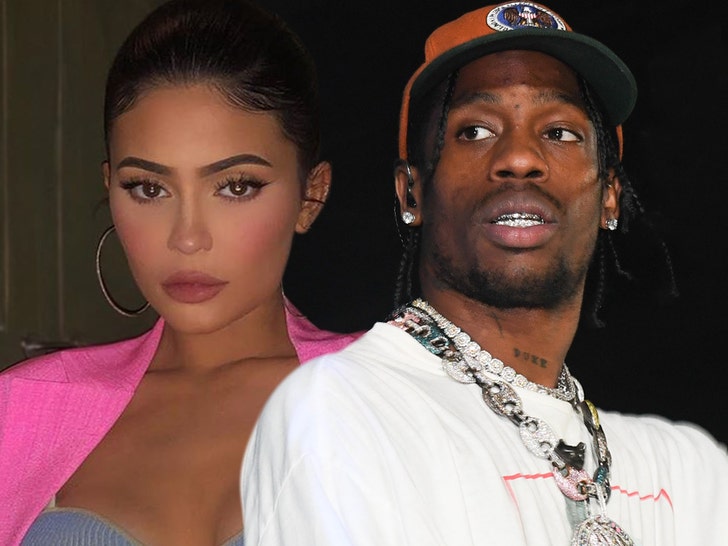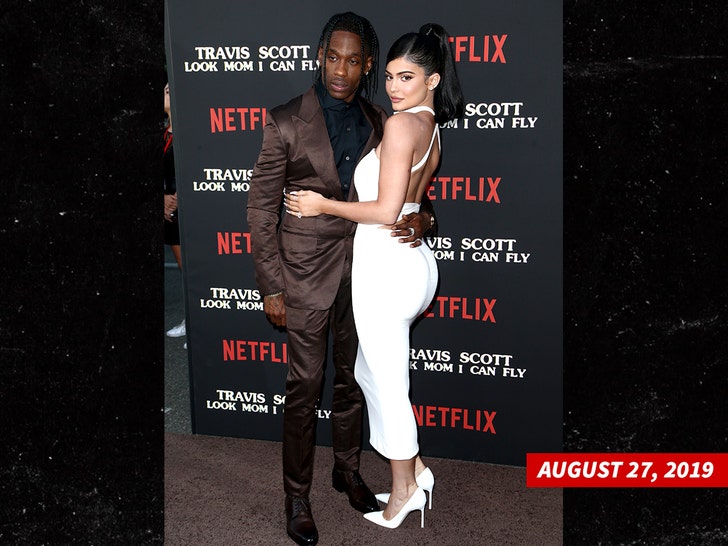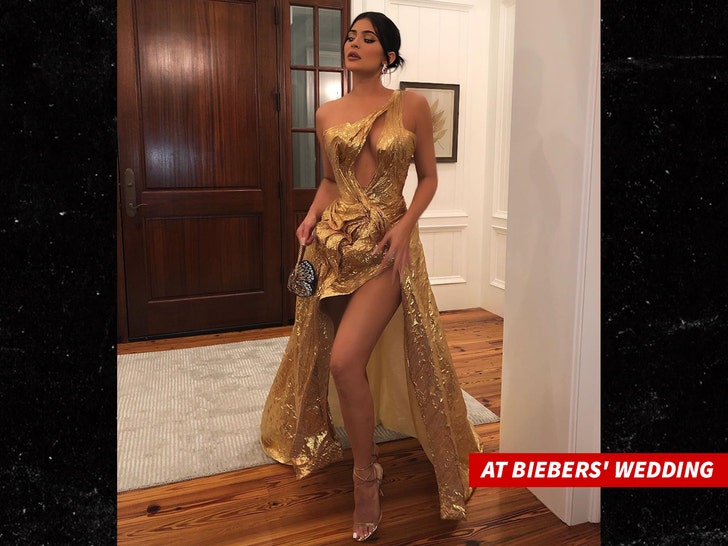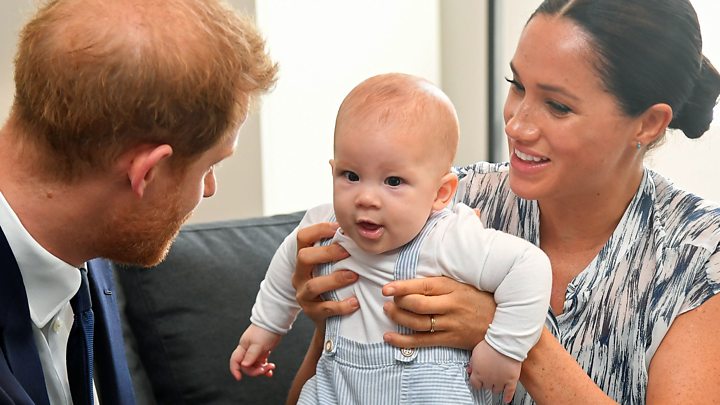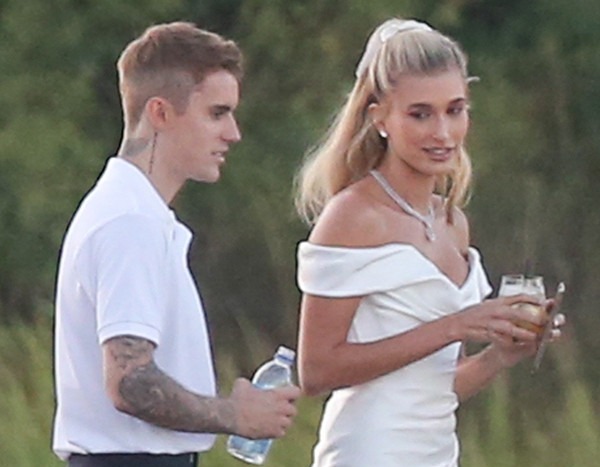
Todd Phillips has been talking a lot about Joker lately. In his defense, a lot of people have been talking about Joker, Phillips’s take on the Batman villain’s origin story starring Joaquin Phoenix, too—many of them sight unseen. That at least partially explains the director’s defensiveness, if not his tendency to punch wildly at the vaguely defined backlash the film’s attracted since winning the Golden Lion at the Venice Film Festival. Speaking to The Wrap, Phillips noted that “the far left can sound like the far right when it suits their agenda” and said he believes outrage “has been a commodity for a while.” In a Vanity Fair profile of Phoenix, Phillips railed against the “woke culture” that has driven the “funny guys” into exile because “[i]t’s hard to argue with 30 million people on Twitter.” He implies that this perceived development—roundly mocked online—and his desire to continue making irreverent films, has pushed him away from comedy and toward making Joker, a dark, violent, Scorsese-inspired character study that would appear to be a huge departure for a director best known for comedies like Old School and the Hangover trilogy. Except it’s not.
It’s hard to arrive at a grand theory of Todd Phillips, whose directorial career includes everything from a documentary about Phish to War Dogs, a fact-inspired black comedy about arms dealers. (To say nothing of producing credits that range from the raunchy found-footage comedy Project X to Bradley Cooper’s A Star Is Born.) It’s not hard, however, to find frequent tendencies and driving interests in his work, which from the start has frequently focused on men who come to embrace chaos after feeling hemmed in, emasculated, and oppressed by social norms—in their minds if nowhere else. In fact, if Phillips’s career were to end with Joker, it would have complementary bookends in the form of two movies about social outcasts who cross the line between entertainment and violence.
Phillips might be the only director whose feature-filmmaking career began with sending his subject a bus ticket to break parole. Running a brisk, thrilling, excruciating 53 minutes, Hated: GG Allin & the Murder Junkies captures some of the final performances of GG Allin, a punk performer whose extreme behavior earned him a cult following over a career that stretched from the mid-’70s until his death from a heroin overdose in 1993, the year of the film’s release—a death that forced Allin to default on his longstanding promise to die by suicide on stage. By then, Allin’s performances had given him a national profile, or at least enough notoriety to earn appearances on The Jerry Springer Show and Geraldo, where he sparred with Geraldo Rivera about his lyrics and showed off his chest tattoo, an image of his own tombstone.
Rivera could only allude to Allin’s stage act—Phillips captured it in detail. In one trademark appearance, Allin performs nude, defecates on stage, covers himself in his own feces (some of which he appears to consume), then projects it at concertgoers who knew what they signed up for when they bought tickets. Hated might be compelling enough if it were only performance footage, but Phillips does his best to capture Allin in full. He doesn’t attempt to hide Allin’s vile behavior or cover up his history of violence and sexual assault (to say nothing of his pen pal friendship with John Wayne Gacy), but he also seeks out Allin’s high school teachers (one of whom likens him to a wolverine) and captures Allin, in a coherent moment, recounting a childhood that included seeing his father dig graves for his family in the cellar of his childhood home in New Hampshire. Elsewhere, Phillips lets Allin offer the most persuasive defense of his life and art as an ongoing act of rebellion against society and a punk-inspired attempt “to bring danger back into rock and roll.” It’s a journey that takes Hated deep into “Dude, at least it’s an ethos” territory but, well, at least it’s an ethos. It also positions Allin as the first in a line of Phillips protagonists who live outside of the norms of society, pushed too far by the perceived disappointments and hypocrisies of the straight world.
The film earned a limited release, where it attracted mixed reviews but found an appreciative audience as a “You have to see this to believe it” item in the video store era. Phillips’s next project, codirected with his then-partner Andrew Gurland, wouldn’t make it even that far. Frat House premiered at Sundance in 1998, where it shared the Grand Jury Prize for documentaries. The film’s depiction of the brutal hazing rituals practiced by college fraternities immediately created a stir that would curdle into controversy when some involved questioned the veracity of the footage. Eventually, the controversy became loud enough for HBO to kill its plans to air the film.
Phillips has since defended his technique in making Frat House, but has also equivocated on the subject of the accusations. In a 2000 interview published by Vice in 2010, he suggested HBO suppressed the film because “you turn your cameras on the sons and daughters of rich white Americans, you’re going to get heat for it,” while also pushing back against claims that he staged footage and shot scenes repeatedly. He also offered a curious definition of “good” documentary filmmaking, saying, “It’s screenwriting. You write the movie before you show up. And you manipulate everybody in the room to say exactly what you want them to say. That, I’m guilty of. That is how I make documentaries.”
Watching Frat House now, it seems remarkable it was taken so seriously at the time. Faked or not, Frat House opts for the sensationalistic tone of the kind of easily shocked talk shows that would book GG Allin. Early on, Phillips warns in voice-over, “Few of us know what really happens when the parties are over,” then proceeds to plunge head-first into the deep end of frat excess. It would have easily fit into the landscape of ’90s HBO, dotted with shows like Real Sex and Taxicab Confessions. (Phillips even worked as a driver early in the run of Taxicab Confessions, a show that didn’t have a spotless history when it came to presenting urban legends as true stories.) But it really belongs in the “mondo” genre, alongside films like Mondo Cane and Faces of Death, whose desire to shock and titillate overwhelms all other concerns, including veracity.
After the perfectly pleasant Phish documentary Bittersweet Motel, Phillips would abandon the world of nonfiction filmmaking for studio comedies. But the break wouldn’t be quite as dramatic as it might sound. Phillips stayed on campus—at least initially—for 2000’s Road Trip, part of the wave of post–American Pie comedies to fill theaters in the early ’00s. It’s mostly notable for featuring Tom Green, then a popular MTV personality famous for deadpanning his way through absurdist, boundary-pushing pranks. He’s not GG Allin, but he’s driven by some of the same disruptive impulses (insofar as those impulses could be channeled into basic cable and R-rated teen comedies). A hit, Road Trip led to Phillips’s appreciably better second comedy, 2003’s Old School. Another, much warmer look at the fraternity world, it stars Luke Wilson, Will Ferrell, and Vince Vaughn as a trio of buddies who take advantage of Wilson’s character moving to a house near a college campus after he discovers his wife has been holding orgies in their home without his knowledge. Through a series of convolutions, they end up starting a frat of their own, complete with hazing rituals (less purposefully sadistic than those of Frat House), wild parties, and youthful regressions to push back the specter of middle age.
Phillips’s best comedy, Old School benefits from an unexpected soulfulness. Wilson’s Mitch is merely looking for purpose, partnership, and a sense of community. Beanie (Vaughn), the most enthusiastic of the latter-day frat bros, ultimately only wants to dip his toe into the scene without cheating on his wife or blowing up the life they’ve built. But it’s Ferrell’s performance as Frank “The Tank” Ricard, a man shaken to his core by his dissatisfaction with the predictability of married life and a routine defined by trips to Home Depot and Bed Bath & Beyond, that gives the film depth. Ferrell’s bare ass gets the easy laughs, but his panicked eyes tell another story. For Frank, the only way out of the trap of his life is to blow it up.
The next year saw Phillips following the success of Old School with Starsky & Hutch, a fun riff on the once-popular cop show that got a lot of mileage out of ’70s references and the easy charm of stars Ben Stiller and Owen Wilson. Since then, Phillips has mostly offered variations on themes introduced in Old School: men rebelling against a world that won’t let them be themselves and who throw away the rules after discovering the world runs on sham principles anyway.
In School for Scoundrels, his 2006 remake of a 1960 British comedy, Jon Heder plays Roger, a New York parking enforcement officer who can’t talk to his attractive neighbor, Amanda (Jacinda Barrett), without fainting and who lets those he tickets bully him into paying their fines for him (and into giving up his shoes in the process). At the suggestion of a friend, he enrolls in a class run by Dr. P (Billy Bob Thornton), whose curriculum repurposes lessons gleaned from pick-up artists and Fight Club for a class filled with weak-willed men (played by comedy ringers like Matt Walsh, Paul Scheer, and Aziz Ansari). Soon, Dr. P’s meek students are starting fights with strangers and lying to women in attempts to get them into bed. And it works. “Roger,” Dr. P tells his student, “there are two types of men in this world: Those who run shit, like me. And those who eat shit, like you.” And though the film pushes back on this grim vision of life as an endless power struggle by exposing Dr. P as—gasp—a married man living in the suburbs, nothing suggests he’s wrong, either. The only real rule seems to be that there are no real rules, and the film doesn’t really have much to say beyond this. It stacks the deck against Roger by presenting a world in which men are either bullies or sheep, and women are either sweet trophies to be won, like Amanda, or shrill harridans, like Amanda’s roommate Becky (Sarah Silverman), who can’t go two sentences without questioning Roger’s sexuality.
Phillips’s highly successful The Hangover and its two sequels take place in a similar world. In the first outing, released in 2009, a trip to Las Vegas prompts meek dentist Stu Price (Ed Helms) to stand up to his domineering girlfriend and gives schoolteacher Phil Wenneck (Bradley Cooper) a respite from the dullness of quiet married life. Only Alan (Zach Galifianakis), an oddball who lives in his own reality, seems untouched by the oppressiveness of everyday existence, and it’s Alan who provides their escape by accidentally administering roofies to the whole gang (which also includes Doug, a mostly colorless plot device played by Justin Bartha).
Three elements combined to make The Hangover a hit: Galifianakis’s inimitable presence and ability to destabilize even the most mundane scene, a clever premise that found the protagonists scrambling to piece together the events of the night before, and Phillips’s understanding that comedy would have to scale up to blockbuster proportions to compete with the superhero films that had started to dominate the box office by 2009. The Hangover caught on with audiences due to its wild energy and surprising twists and turns. But the unpredictability that made it seem so fresh was, by definition, not so easy to replicate, especially as the movie’s two sequels grew increasingly mean-spirited and abandoned any emotional investment in the characters, or even making them seem like human beings. When Alan accidentally beheads a giraffe in The Hangover Part III, Phil sums up the series’ attitude toward, well, just about everything: “He killed a giraffe. Who gives a fuck?”
As if in an attempt to counterbalance the nihilistic notes of The Hangover series, Phillips’s Due Date overdoes the sentimentality via a variation on Planes, Trains and Automobiles that pairs Robert Downey Jr. with Galifianakis in a race to make it back home before the former character’s wife gives birth. Released in 2010, between The Hangover and the first sequel, it’s the only Phillips film that doesn’t suggest that settled-down stability could be anything but a ball-shearing trap. But while Downey and Galifianakis make for a fun team, the film’s stabs at big comic set pieces just feel loud and busy, and its attempts at warmth feel insincere, more scripted than felt.
By contrast, Phillips’s first post–Hangover trilogy project, War Dogs, features virtually no sentiment, and is all the better for it. Adapting a Rolling Stone story about unlikely arms dealers taking advantage of Pentagon contracts during the Iraq War, the film stars Miles Teller as David, a low-earning Miami massage therapist who grows rich beyond his wildest dreams when his childhood friend Efraim (Jonah Hill) brings him into the shady world of buying and selling weapons online, which David embraces just as fast as he can shed his ethical qualms and anti-war convictions. After successfully lying and exploiting loopholes between bong hits, they eventually find themselves in over their heads and thrust into the middle of the action in ways they’d never anticipated—all before David realizes Efraim is, at heart, a sociopath who will say anything to anyone to get what he wants. Played well by Hill in a tricky performance, Efraim’s the ultimate realization of a certain type of man Phillips had been depicting, mostly admiringly, for years: a smug operator not bound by the morals or personal entanglements that weigh down others. Determined to run shit, not eat it, he’s the ultimate realization of the sort of character that’s long fascinated Phillips.
That War Dogs reveals Efraim as a villain suggests a dawning self-awareness about the characters and stories that have filled Phillips’s films. And in the tradition of Martin Scorsese’s Goodfellas, Casino, and their ilk, War Dogs makes Efraim’s world seem thrilling up to the point when it becomes impossible to ignore its moral rot. It’s a tricky balancing act, capturing the thrill of transgression without endorsing it or making heroes out of the bad guys. So perhaps it’s not surprising that much of the debate whirling around Joker concerns whether or not Phillips has found a similar balance in a film inspired by a different strand of Scorsese’s career, one in which he explored alienation, loneliness, and violence with a mix of queasy sympathy and a deep consideration of his story’s implications. A man who overcomes victimization with violence, Joker’s protagonist, though hauntingly portrayed by Phoenix, feels like one of Phillips’s put-upon rebels taken to a logical, bloody extreme. The movie brings the director full circle via a story of a man for whom performance and violence are one and the same. But it also raises a question: Has Phillips’s whole career led to him assuming the role of a shock artist?
Keith Phipps is a writer and editor specializing in film and TV. Formerly: Uproxx, The Dissolve, and The A.V. Club.
https://www.theringer.com/movies/2019/10/3/20895740/joker-director-todd-phillips-history-hangover
2019-10-03 09:30:00Z
52780398505000

